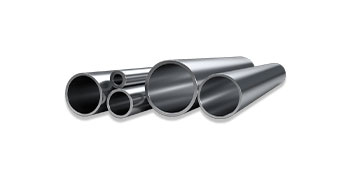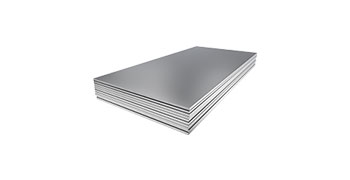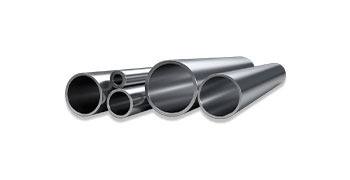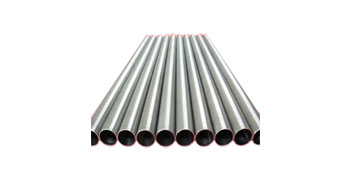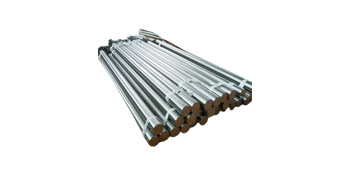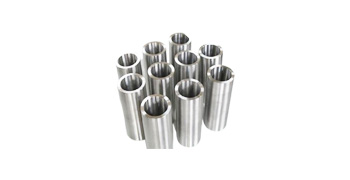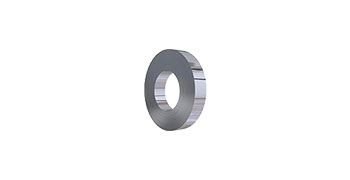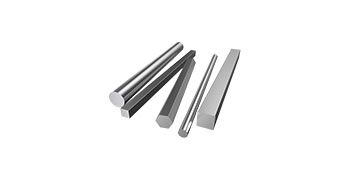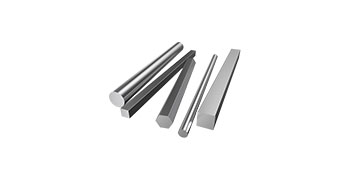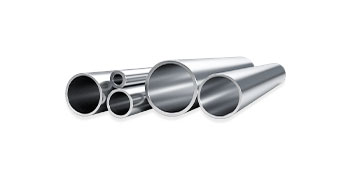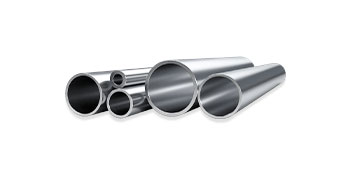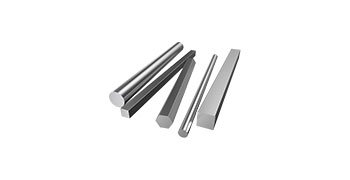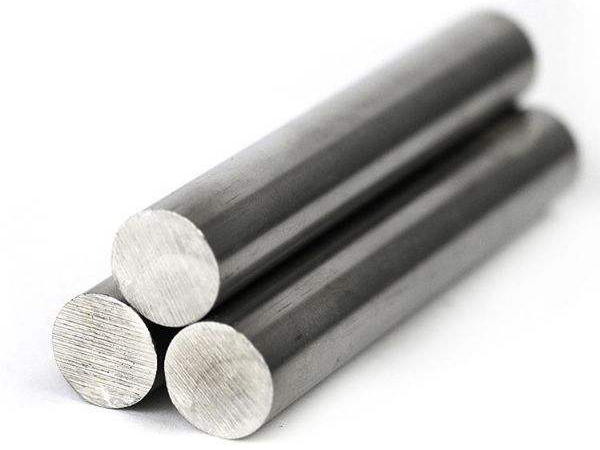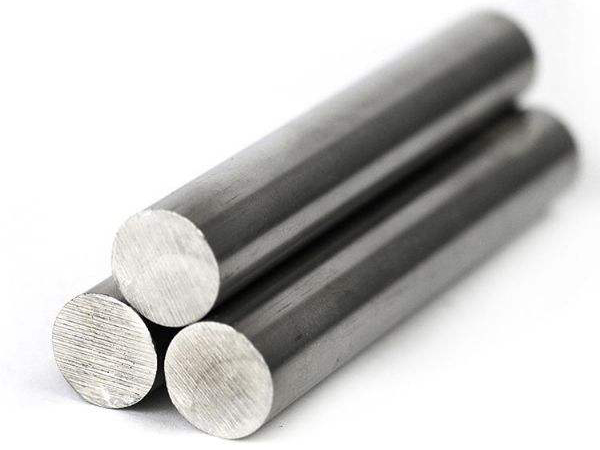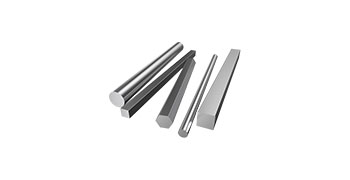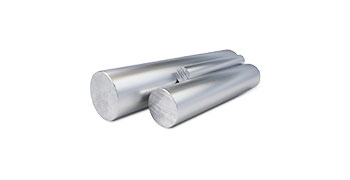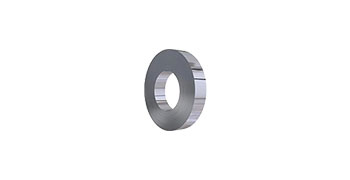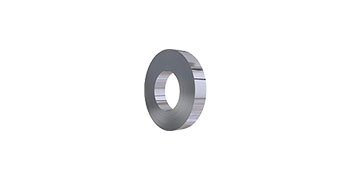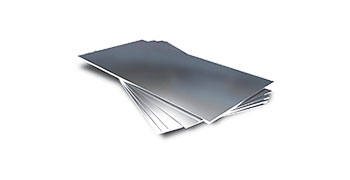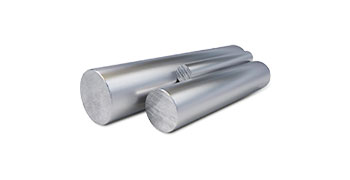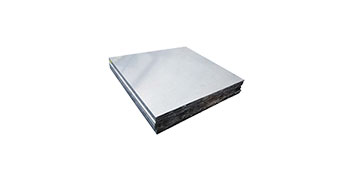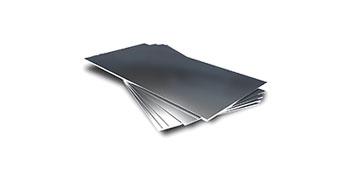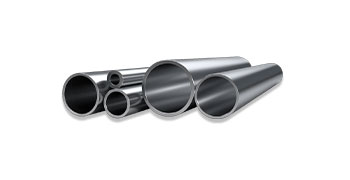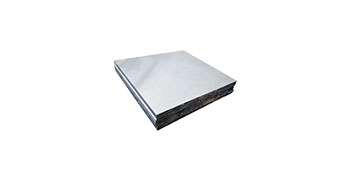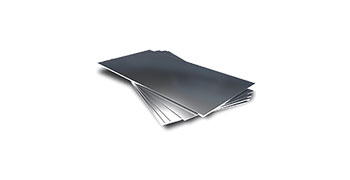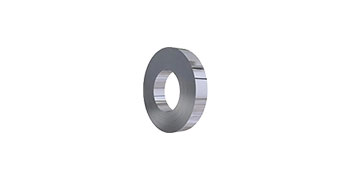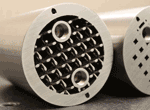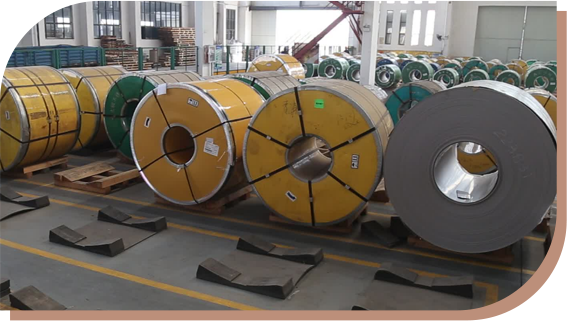core · product
An alloy based on aluminum with a certain amount of other alloying elements added is one of the light metal materials. Aluminum alloys not only have the general characteristics of aluminum, but also have specific characteristics due to the different types and quantities of alloying elements added. The density of aluminum alloy is 2.63-2.85g/cm3, which has high strength( σ B is 110~650MPa, with a specific strength close to that of high alloy steel and a specific stiffness higher than that of steel. It has good casting and plastic processing properties, good conductivity and thermal conductivity, good corrosion resistance and weldability, and can be used as structural materials. It has a wide range of applications in aerospace, aviation, transportation, construction, electromechanical, lightweight and daily necessities. Aluminum alloys are further divided into deformed aluminum alloys and cast aluminum alloys based on their composition and processing methods. Deformable aluminum alloy is produced by melting and casting alloy ingredients into ingots, followed by plastic deformation processing. Various plastic processed products are made through rolling, extrusion, stretching, forging, and other methods. Casting aluminum alloy is the process of directly casting various components into blanks using sand molds, iron molds, investment molds, and die casting methods after melting the ingredients.

